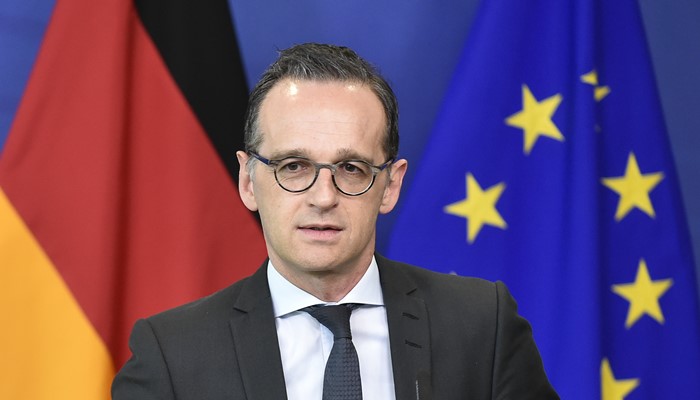Human rights violations are continuing in Turkey despite the lifting of a state of emergency in July 2018, the German government has said, underlining the lack of judicial independence and freedom of speech in the country, in its 14th report on its human rights policy adopted on Wednesday.
“Everywhere we look, there are setbacks: The steadily growing number of conflicts, flights and displacements rob many people of their rights,” German Foreign Minister Heiko Maas said on Wednesday after the cabinet approved the federal government’s new human rights report.
The past two years have been “a difficult time for human rights worldwide,” Maas continued, adding that “repressive regimes use the latest [COVID-19] conditions as a cover to harass human rights defenders and to silence the free media.”
The latest of the German government’s human rights reports, which is drafted every two years, describes the period from October 1, 2018 to September 30, 2020 and especially focuses on 28 countries that include Turkey.
The report noted that the deterioration in the situation of human rights in Turkey, particularly after an attempted coup in 2016, had continued over the last two years as voices critical of the Justice and Development Party (AKP) government still face the risk of prosecution and arrest while the independence of the judiciary is still in doubt.
According to the report Turkey’s broad definition of terrorism “enables abusive interpretation” that leads to politically motivated cases that include the arrest of human rights activist Osman Kavala and tens of thousands of Gülen movement members.
The movement, inspired by Muslim preacher Fethullah Gülen, is labeled by the ruling AKP as a terrorist organization and accused of masterminding 2016 abortive putsch.
Despite the Gülen group’s strong denial of the allegations, Ankara has arrested more than 90,000 people over links to the movement as part of a massive purge launched under the pretext of an anti-coup fight. Police operations targeting suspects accused of links to the self-exiled preacher still continue on a regular basis.
Most of the Turkish media is under the control of the AKP government, and nearly 100 media workers are imprisoned, the report also said, adding that the country was listed by “Reporters Without Borders” as 154th out of a total of 180 countries in its 2020 press freedom ranking.
“Women are often significantly disadvantaged economically, socially and politically,” the report also noted, reminding that Turkey is ranked 130th out of 153 states in the World Economic Forum’s Global Gender Gap Index.
